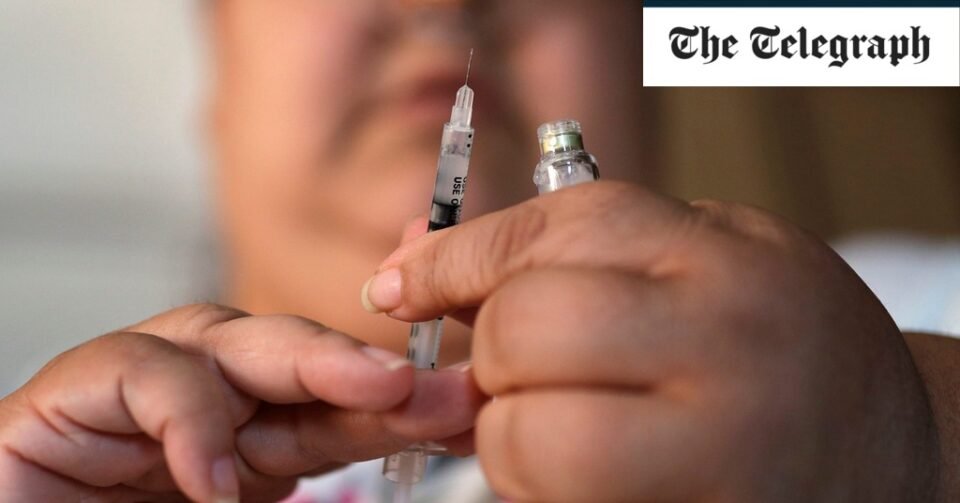The economic impact of obesity and excess weight is fast approaching £98 billion, nearly four per cent of GDP. It is surging to become a significant threat to financial stability across the world. But medical advancements are changing our understanding of what drives obesity and how to manage it, affording business and government a chance to change the maths.
On its present course, obesity and excess weight will drain more than £3 trillion from the global economy by 2035 – nearly three per cent of current global gross GDP – through higher healthcare costs, shorter lifespans, and decreased productivity. Lower-resource countries will see the steepest drops. We can avert this catastrophe. Improving obesity management that slows its rise by just 5 per cent could save as much as £340 billion annually worldwide.
This starts with resetting the conversation. In the 1970s, at a time when many cultures associated bodyweight with status, social pressure to be thin crept into the Western consciousness and took hold. People with higher bodyweight were stigmatised, culminating in an epidemic of eating disorders. Diet fads and surgeries were offered as solutions, and while they helped some, obesity soared. The global disease rate has nearly tripled in five decades, with more than one billion adults, adolescents and children affected by obesity and excess weight today and at least four million deaths each year.
The causes are complex and multifactorial, but we now know that obesity is a chronic, progressive disease mainly driven by environmental factors in the form of easy access to energy dense cheap foods and reduced physical activity. In many cultures being heavier is still associated with having a higher socioeconomic status. We also know that a person’s metabolism can work against concerted efforts to lose weight. This helps explain why nutrition, exercise, and behavioral counselling are important parts of managing the disease, but each on its own tends to fail over time. It also shows how treatments that tap the body’s ability to regulate appetite can play a part in solving this challenge.
Despite these advances, obesity does not receive the same level of diagnosis, medical care, or insurance coverage as other chronic diseases. Retooling these policies will allow public health agencies to gain a deeper understanding of how the factors driving obesity interact, powering strategies that ensure equitable access to effective interventions. It will also help governments assess the additional health benefits that treatments provide, reducing the incidence of heart disease and type 2 diabetes. This will paint a fuller picture of the societal return on investment that comes with expanded access.
Workplaces can play a key role in changing the conversation, too. With the pandemic behind us, many people are returning to the office which provides opportunities to socialise new information and combat stereotypes. Creating and communicating a supportive work environment where people struggling with obesity can start a journey of mutual support is essential to making progress against the disease. Employers can ensure that healthy food choices are available and affordable, and they can provide nutritional advice on food and beverages offered. Activity at work could also be encouraged, such as walking desks, standing desks, walking meetings, and increased access to physical activity classes.
Business can also partner with government to study how factors like stress and workplace anxiety may contribute to the disease, and how management strategies can improve health and strengthen productivity. Above all obesity pay gaps, which cut across genders and disproportionately affect women, must be addressed.
Every country needs a vibrant, productive work force to propel growth and care for aging populations. Obesity is raging against this goal. After 50 long years, scientific study is finally unlocking the mysteries of this disease. Channelling this wisdom into action can relieve a tremendous socioeconomic burden and unleash the potential of societies across the world.
- Professor Rachel Batterham, OBE PhD FRCP, is honorary professor of obesity, diabetes and endocrinology at University College London, and senior vice president of international medical affairs for obesity at Eli Lilly and Company
Protect yourself and your family by learning more about Global Health Security

